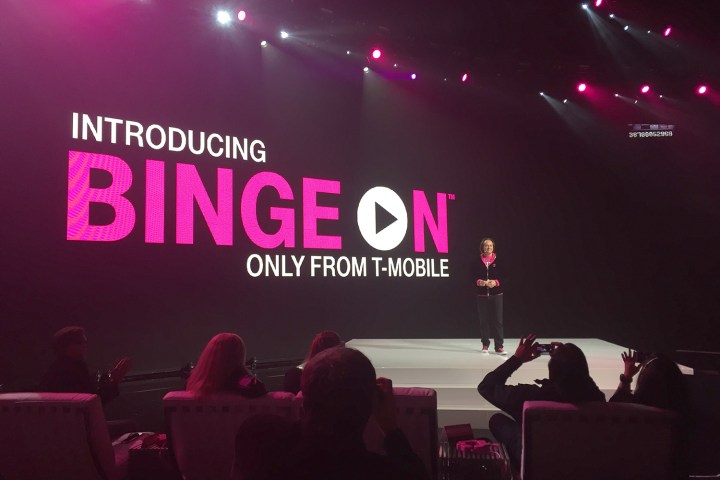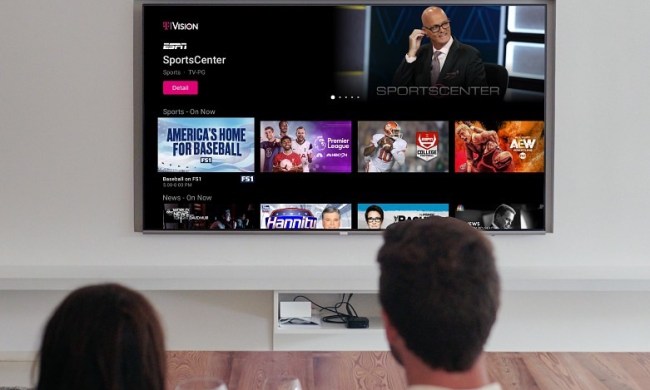
Binge On lets subscribers stream video without using their monthly data allotment. T-Mobile has partnered with Netflix, HBO Now, and Hulu, and plans to add YouTube in the near future, meaning most of the big video streaming services are partnered.
The complaints focus on T-Mobile prioritizing certain services over others, which would be against the Net neutrality rules. Consumer advocacy group Public Knowledge states that the consumer should be the one to choose which services are available, not T-Mobile. Wheeler has said that if a complaint goes through, the FCC would still have to vote on T-Mobile’s new service.
This is not the first mobile program that offers “zero-rate” deals with services. T-Mobile’s Music Freedom offers similar functionality, but for music streaming instead of video. AT&T’s Sponsored Data lets services become “free to use” for subscribers, as long as the service provider pays for the mobile data usage.
Neither of those programs have been flagged by the FCC, so we cannot see Binge On becoming a target for the commission either.
The original uproar over Net neutrality happened after Netflix was unfairly charged for excess traffic by Comcast, Verizon, and other Internet service providers (ISPs). At that same time, NBC, Fox, and Disney-owned Hulu were able offer similar service without excess charges. There were wide-ranging calls across the Internet throughout 2014 for the FCC to write new rules, with the goal of preventing ISPs from attacking competitors. These rules were brought into law earlier this year.
Since the new rules became official, the FCC hasn’t had too many major cases. Most of the battles, in fact, have been against government officials and companies that want to get rid of the rules, claiming that any kind of common carrier status is anti-competitive.


